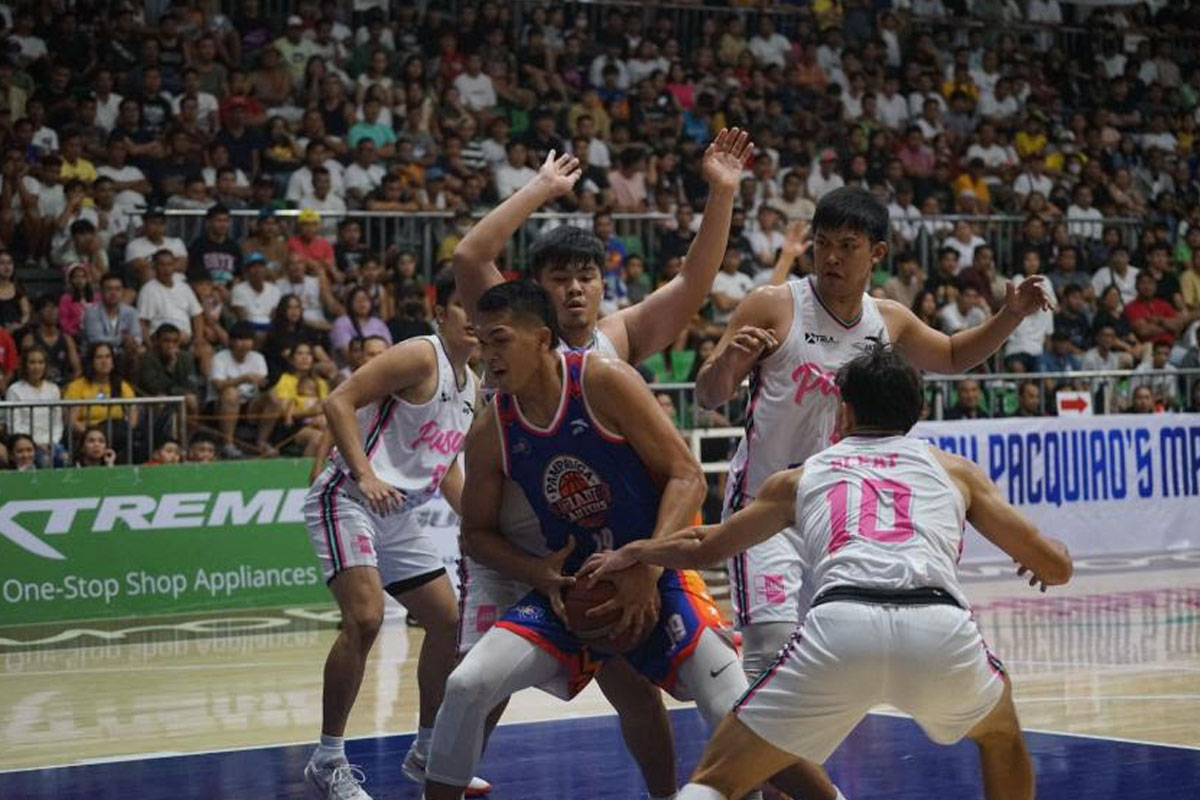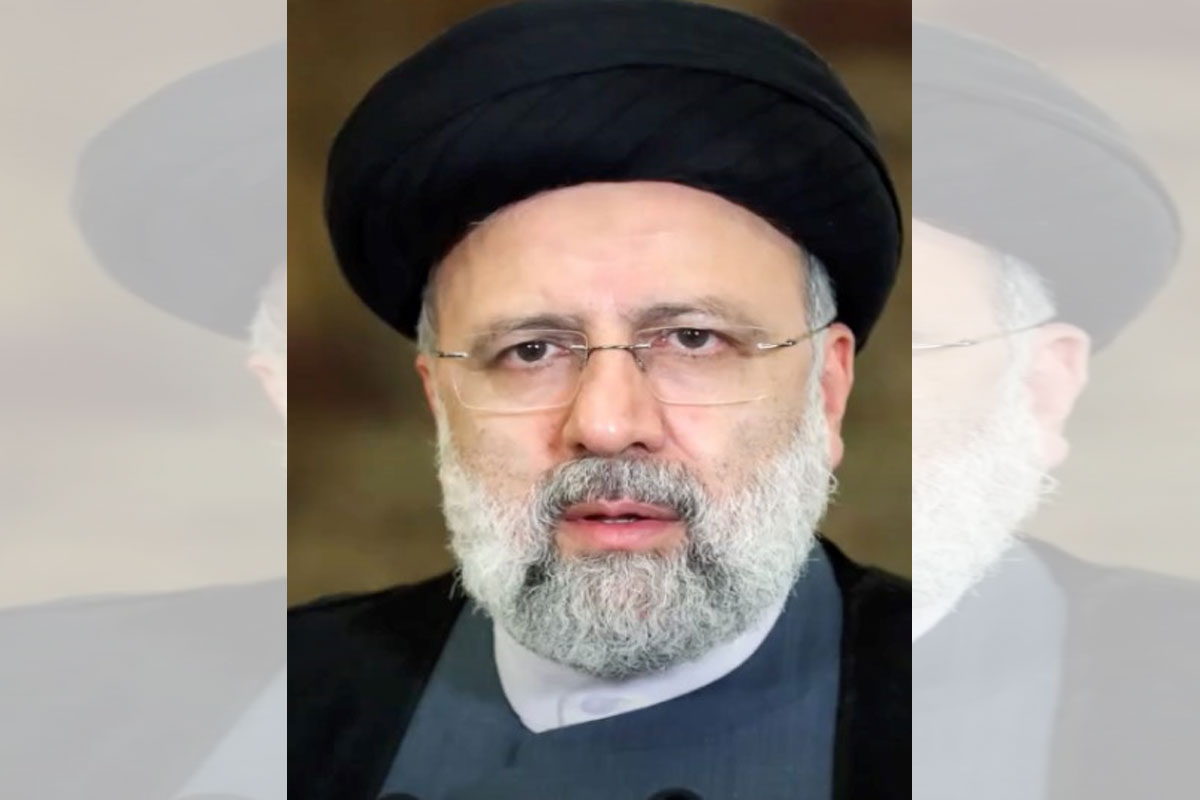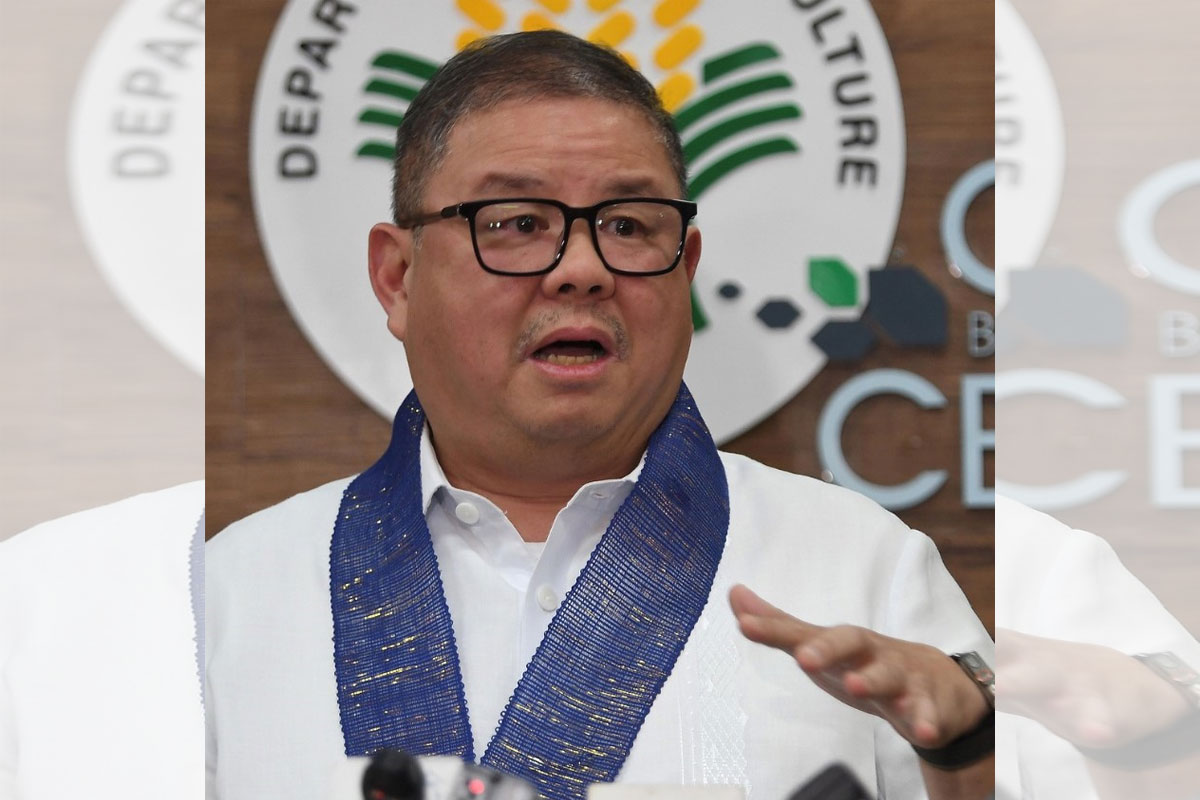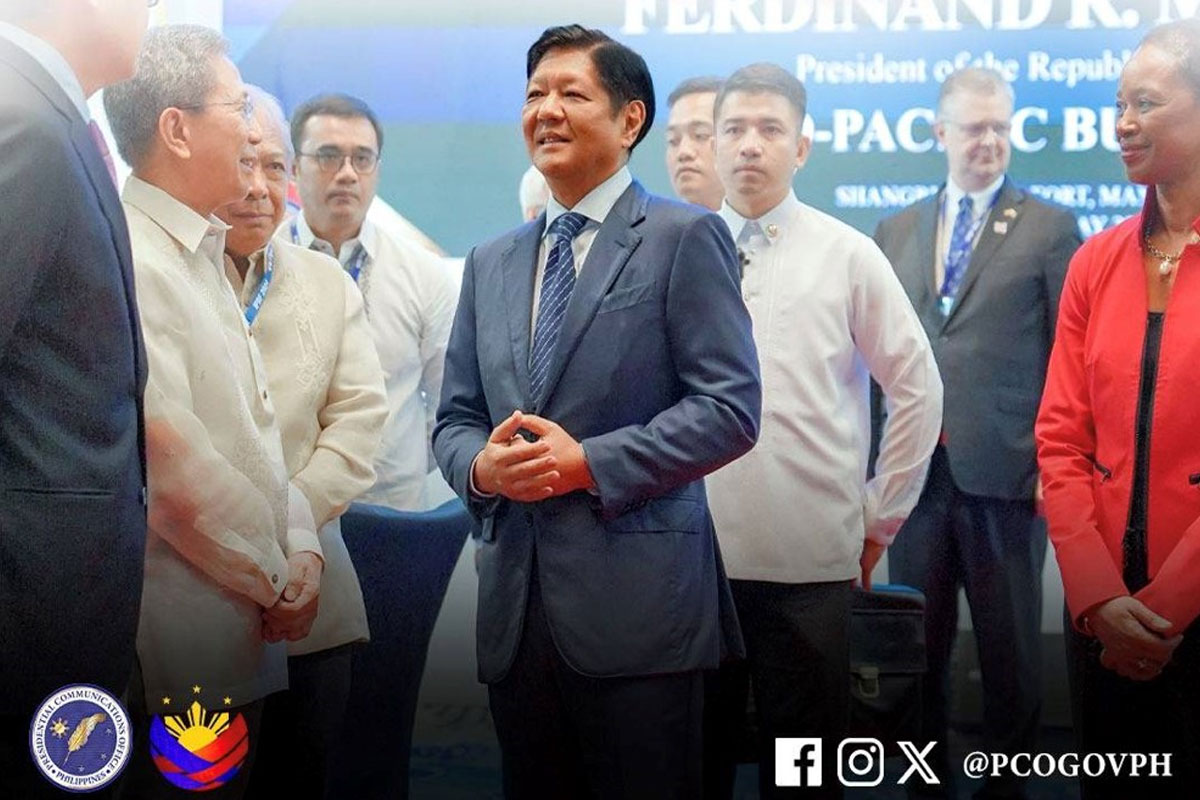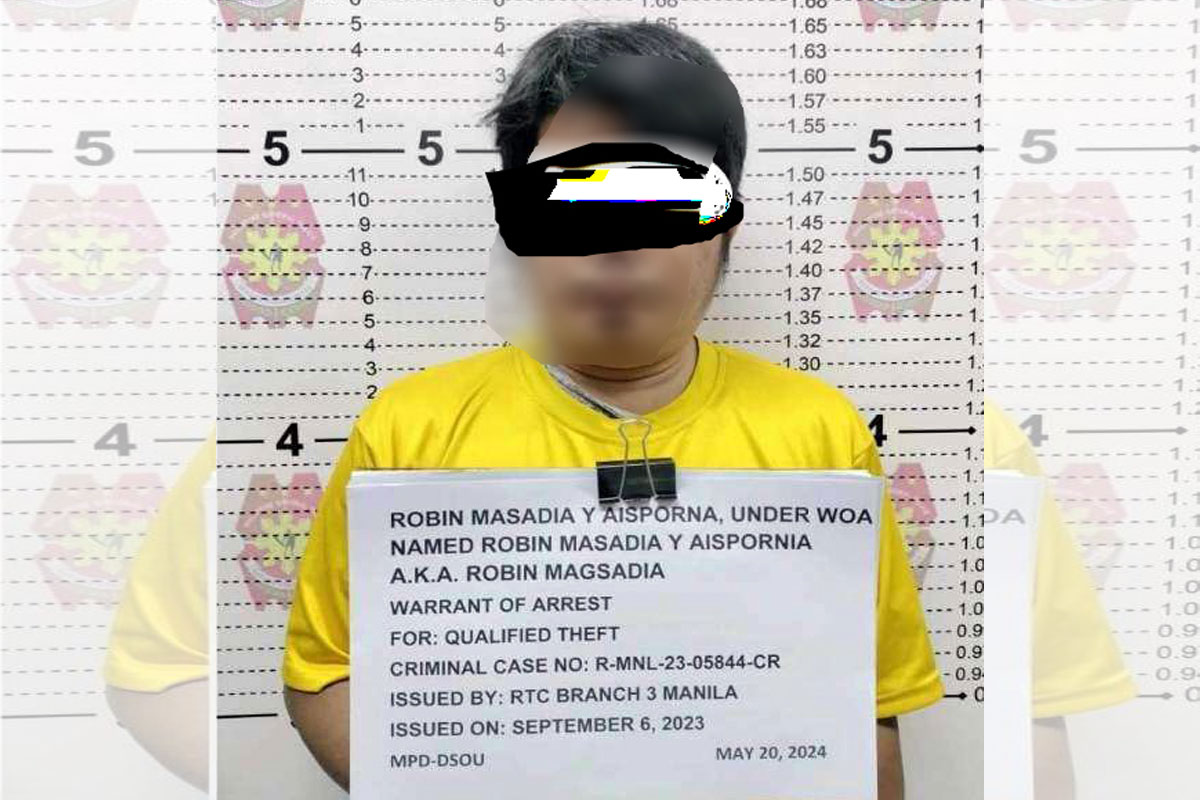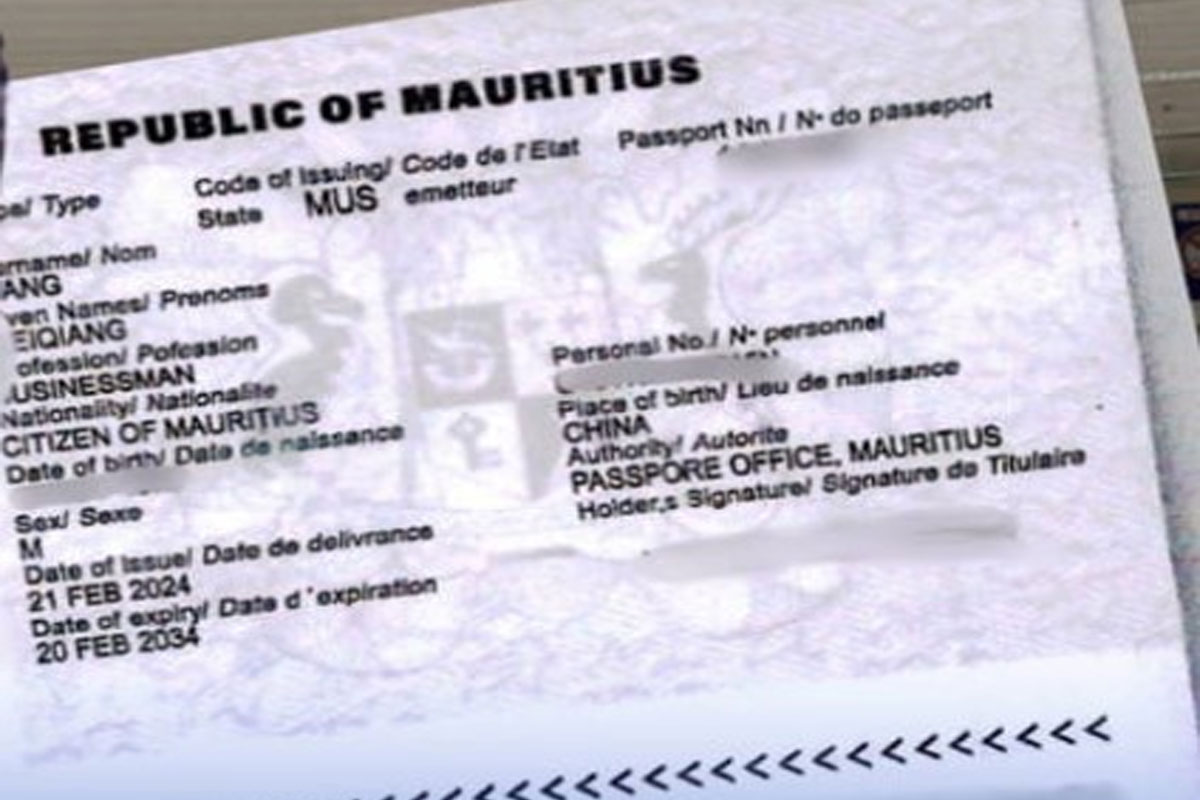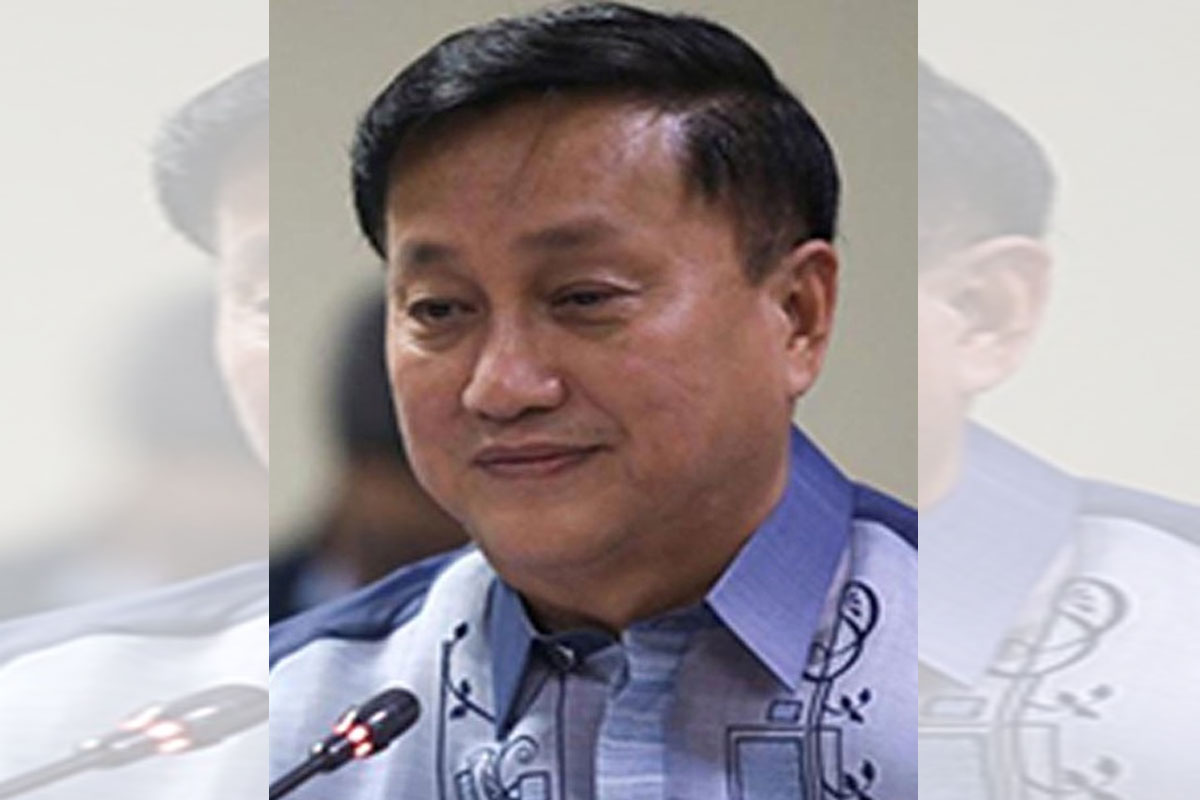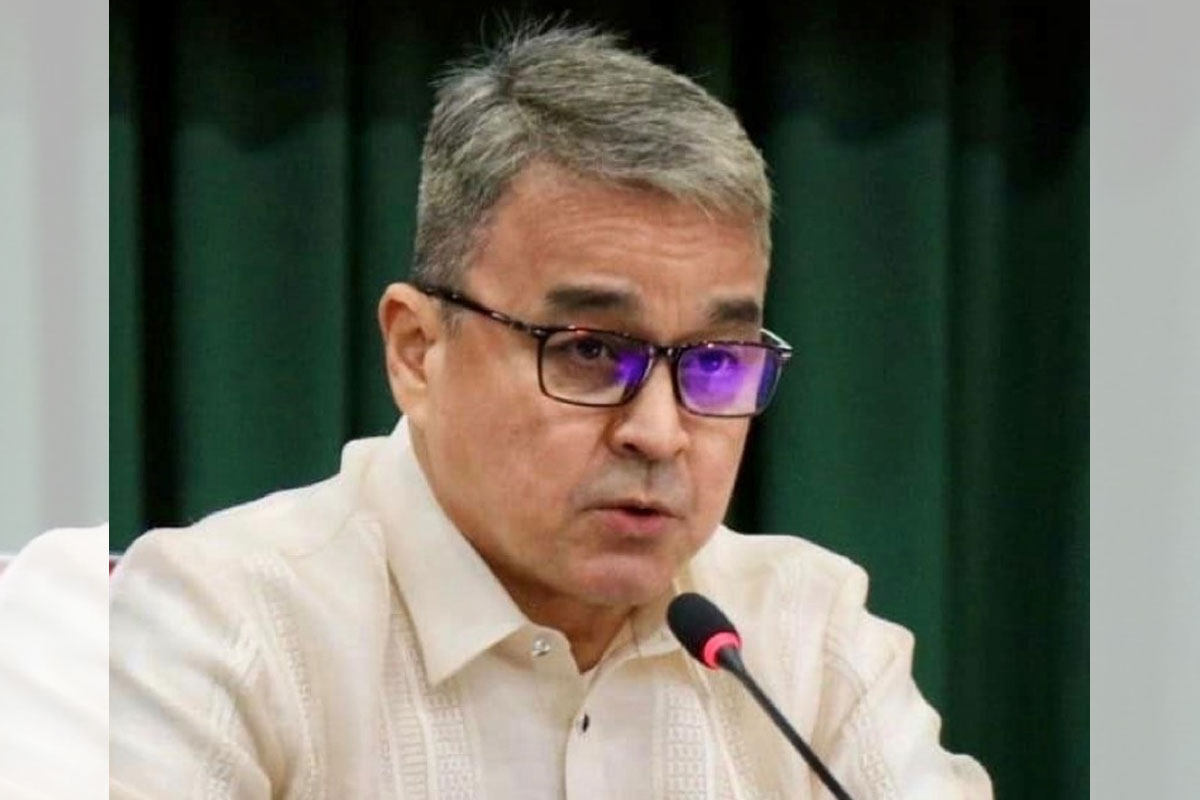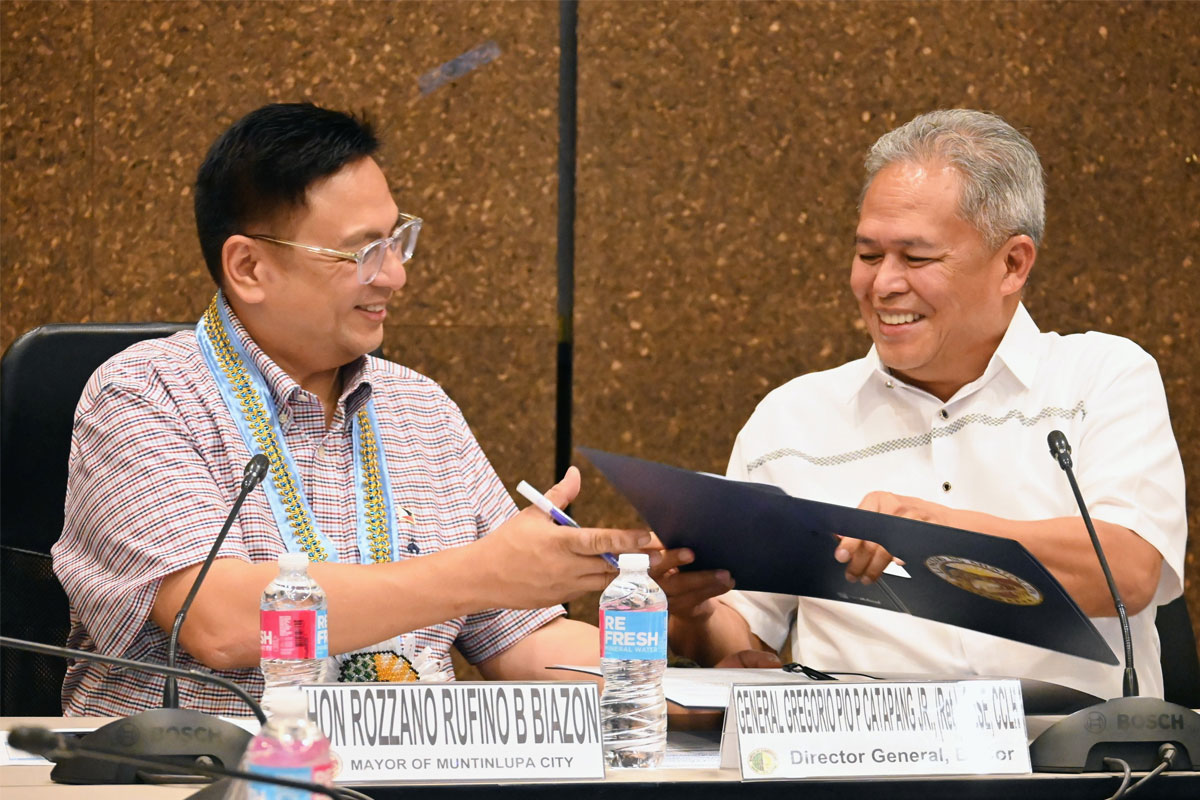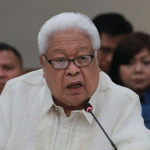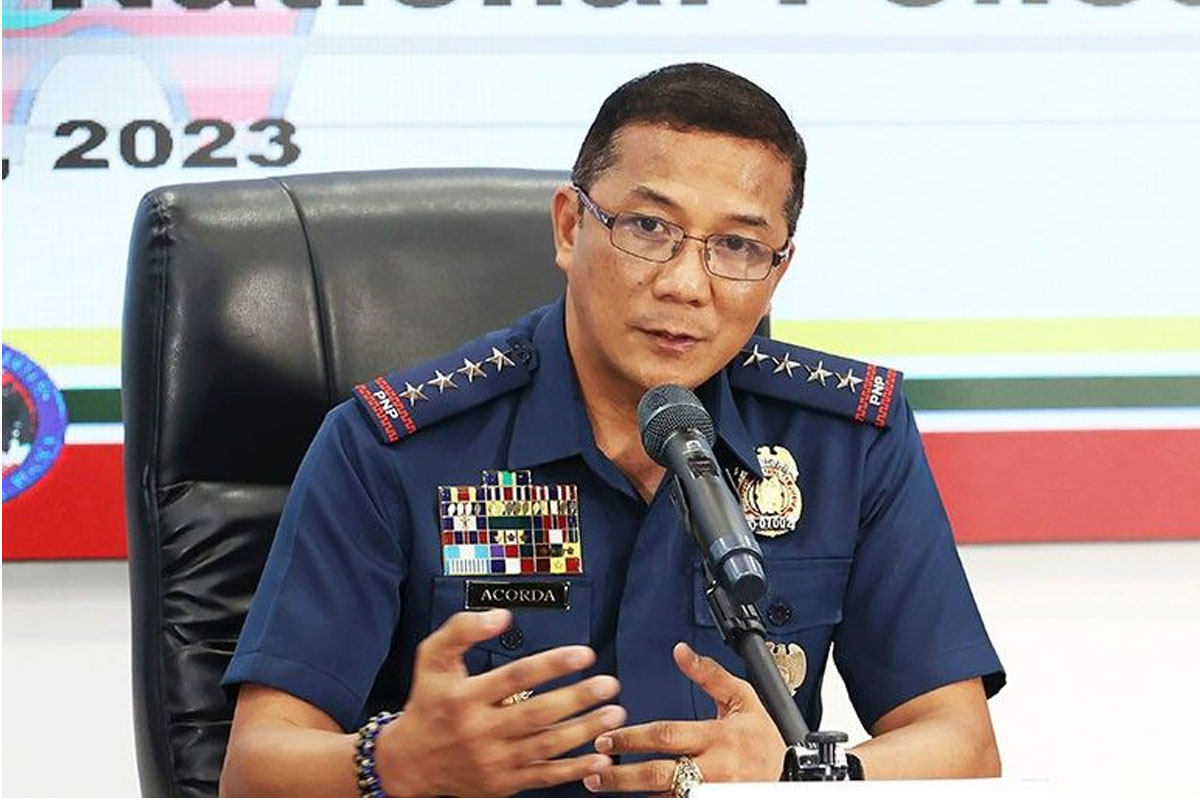
PNP addressing functions in placement, promotion system
ADDRESSING dysfunctions in the placement and promotion system of the Philippine National Police right now is another main concern of the PNP leadership headed by General Benjamin C. Acorda Jr., the Journal Group learned.
The issue on placement and promotion is a major concern of the force since it usually affects the morale and welfare of its officers and hinder the PNP leadership’s effort to ensure that right person would be put in the right job.
The thing called ‘trust and confidence’ is a byword of every new PNP chief as he tries to deal with the fact that he will have to decide on whether to remove or retain certain commanders, whether they are members of his Command Group, the 11 PNP Directorial Staff, the 5 Area Police Commanders, the 17 PNP Regional Directors and the 81 Provincial Police Office directors, the 35 City Directors, and City Directors,, the 17 National Operational Support Units, the 14 National Administrative Support Units and the 81.
However, removing a certain official is much easier said than done since the PNP leadership has to deal with the National Police Commission chaired by the Department of Interior and Local Government secretary, the thing called ‘politics’ and other external factors that hinder any honest-to-goodness effort to pick the right man for the right job as they say.
On Tuesday, DILG Secretary Benjamin ‘Benhur’ C. Abalos Jr. flexed his muscle as he stopped the scheduled assumption to office of eight senior officials given new positions of major responsibility by Gen. Acorda reportedly upon the earlier approval of President Ferdinand ‘Bongbong’ R. Marcos Jr..
The DILG chief said that the reassignment of the eight are ‘just recommendations which are subject first to Napolcom confirmation and then Presidential approval.’ He cited Section 6 (3) (f) of Napolcom Memorandum Circular No. 2019-001 which provides that “the assignment/designation of the (concerned positions) shall be submitted to the Commission for confirmation prior to the submission of the same to the President for approval.’
Sec. Abalos also mentioned that under the 1987 Constitution, the police force which shall be national in scope and civilian in character shall be administered and controlled by a national police commission.’
It was the 2nd time that the DILG chief has questioned a sitting PNP chief’s decision to reshuffle his men without the Napolcom approval.
In August 2022, it is widely known that he questioned a move by then PNP chief, now retired Gen. Rodolfo S. Azurin Jr. ordered a top-level revamp which affected at least 80 senior police officials in what has been touted as the biggest reorganization of the force under a new top cop. Gen. Azurin said he ordered the massive revamp upon the approval of President Marcos.
On Tuesday, his statement on the same matter effectively stopped the assumption into their new offices by eight police generals during a mass-turnover rites at Camp Crame to be administered by PNP Deputy Chief for Administration, Lieutenant Gen. Rhodel O. Sermonia.
The eight generals came with their respective spouses, children and other relatives and friends, all ready to witness the event. All were ready to say their assumption speech but failed to do it after it was announced that the event would be postponed.
On the same day, a new Batangas Police Provincial Office director took over replacing one who has been on the job for a month only. Colonel Samson Belmonte replaced Col. Rainerio de Chavez who was designated as Batangas police director last May only vice Col. Pedro Soliva.
Soliva, a member of PNP Academy Class 1992 is set to retire this coming July 29.
The Batangas police director’s case is another issue in the force where a number of Police Colonels who are already disqualified from qualifying for promotion to Star-Rank are being allowed to occupy provincial police posts.
Another dysfunction in the past is the recorded presence of some officials who ‘pole-vaulted’ to Star-Rank positions bypassing previous qualifications and standards. This has been a major source of gripes in the organization in the past.
To address these dysfunctions, officials told the Journal Group that there all officials should be subjected to honest screening and in the event they are found to be unqualified for a certain position, the matter should be thoroughly explained to politicians and other influential persons recommending them to such a position.
The Journal Group was furnished a PNP police on placement and promotion approved by the leadership specifically its Senior Officers Placement and Promotion Board or SOPPB.
The SOPPB is tasked to vet, select and recommend to the Chief PNP qualified officers for promotion and/or place to Third-Level Positions and other position based on established standards and criteria.
It is divided into the following Committees: SOPPB Executive Committee; SOPPB Committee ‘Alpha’ and SOPPB Committee ‘Bravo.
The PNP Flow Chart on Placement and Promotion to Third-Level Positions says that the Police Commissioned Officers Placement and Promotion Division or PCOD will publish the vacancies and later conduct pre-assessment of the applicants specifically their Previous assignment, Seniority Lineal List or SLL Ranking, Significant Accomplishments; Functional Specialization; and Pending administrative criminal records.
The sub-committees concerned will conduct deliberation on the most qualified PCOs for the vacant positions and applicants with the most number of votes from among the members will be recommended to the SOPPB En Banc.
Then, the SOPPB En Banc will conduct final deliberation on the recommendees. If there are no objections, a designation resolution will be signed by a majority of all the members. If the position calls for subsequent promotion, a promotion resolution will also be signed by the majority of the members.
The designation and promotion resolution shall be forwarded to the Chief, PNP for his approval.
In case of Provincial Directors/ City Directors National Capital Region Police Office positions, the resolutions contain three recommendees for PD positions and five recommendees for CD/COP NRPO positions to be forwarded to the Local Chief Executives. It means that the governor and the mayor have a say on who will be his Provincial or City directors.
Republic Act 8551 or the PNP Reform and Reorganization Act of 1998 says that the provincial governor shall choose the provincial director from a list of three eligible candidates recommended by the PP regional director.
In case of positions requiring subsequent promotion, the designation and promotion resolution for be forwarded to Napolcom en route to the Office of the President.
The PNP Career Ladder refers to progression of positions in the PNP based on the degree of authority and responsibility. It is a path in which the career of the uniformed PNP personnel progresses through a system of assignments.
At present, the PNP Rank and Classification are the following: Police General (entry) 1 postion; Lieutenant General Exclusive is 2; Lt. Gen. Entry is 6; Major Gen. Entry is 23; Maj. Gen. Exclusive is 30; Maj. Gen. entry is 90; Colonel Exclusive 3 is 98; Colonel Exclusive 2 is 90; Colonel Exclusive 1 is 131; Colonel Exclusive is 150; and Colonel Entry is 647;
The PNP Career Ladder System also specifies the Time-In Position or TIP required for each position.
It says that from PCol Entry to PCol exclusive is six months; from PCol Exclusive to PCol Exclusive 1 is six months; from PCol Exclusive 1 to PCol Exclusive 2 is six months; from PCol Exclusive 2 to PCol Exclusive 3 is six months; and from PCol Exclusive 3 to PBGen Entry is six months.
A PD/CD and or COP, NCRPO must have been a Police Colonel for at least six months. However, there have been some reported violations regarding the matter in the past.
The rule also says that he must have held any of the following positions for a cumulative period of at least six months: Division Chief of the Regional Staff or Regional Chief of the NSUs or Division Chiefs of the NSUs; Provincial Officer of the NSUs; COP of a MPS, Station Commander of CPs, Platoon Leader and/or Company Commander of the Mobile Forces; and assigned as DPDO/DCDO and or DPDA/DCDA.
They must also have at least one administrative and one operational competency course.
The Administrative Competency courses include Human Resource Management Officers’ Course; Comptrollership Officers’ Course, Logistics Management Course, Specialized Planning Course, Finance Officer’s Course and Research and Development Course.
The Operational Competency Courses include Police Intelligence Officers’ Course, Operations Officers Management Course, Police Community Relation Officers’ Course, Investigation Officers’ Basic Course and Provincial Director’s Course.
The placement to Police Colonel Exclusive 2 Positions must be within the zone of consideration approved by the SOPPB; must be holding the PColonel rank for at least two years; must have at least three years of PNP service remaining; must have occupied any Exclusive 1 position for a continuous period of at least six months; and must have occupied Exclusive positions identified as Provincial/City Director/Chief of Police of NCRPO or selected Regional Chiefs of NSUs for a continuous period of at least six months.
The parameters for Police Colonel Exclusive 3 Positions must have satisfied the required career ladder from Entry Level 2 positions; must be occupying a PCol Exclusive 2 position for at least six months; and must have at least two years remaining in the service.


